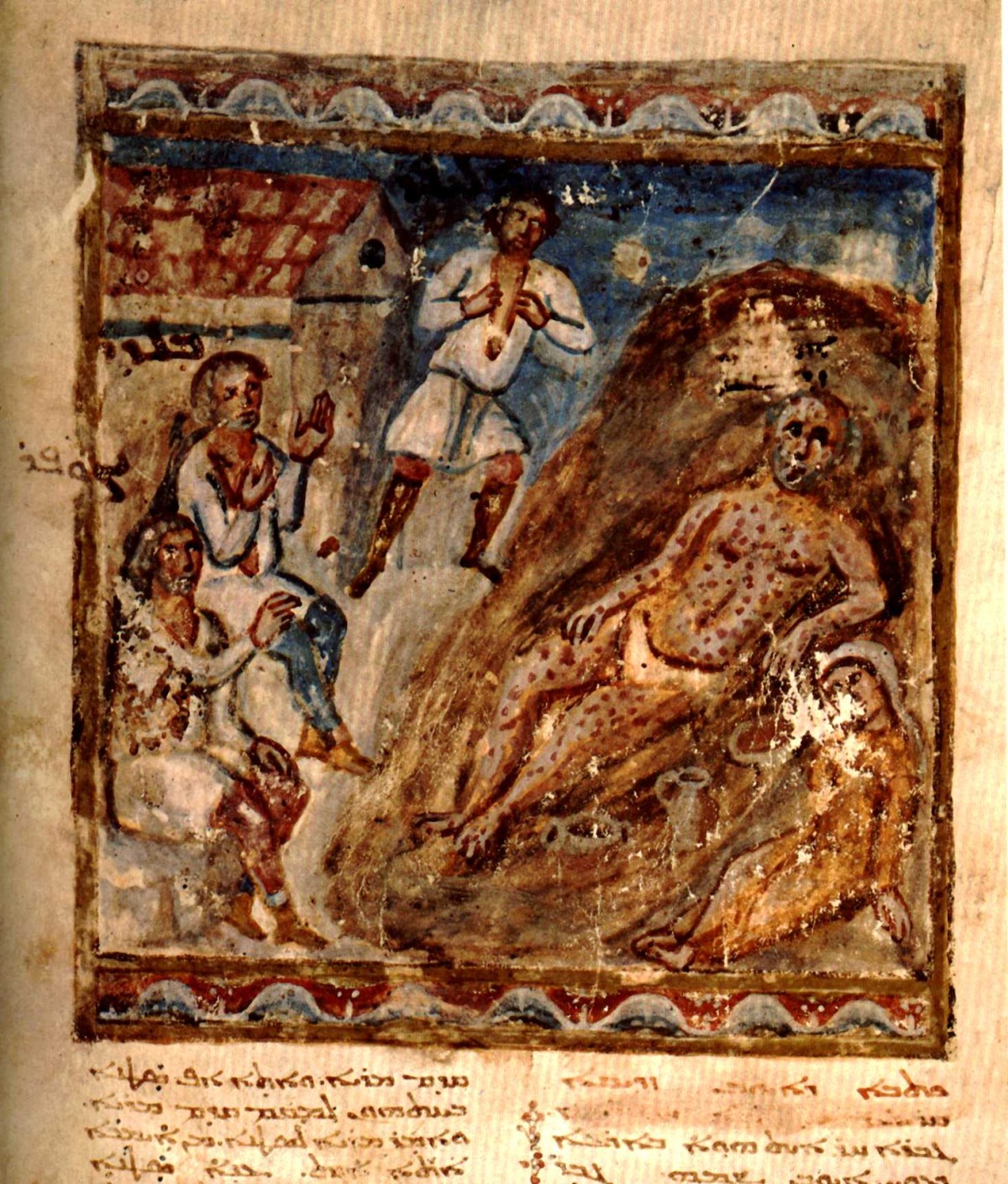Mark Eckel concludes his series on suffering. Visit Part 4, Part 3, Part 2, or the series introduction and Part 1.
Quotation
“If you listen to the patient, he is telling you the diagnosis. A lot of people look at a specialist like me as a technician. They come to you for a procedure. And there is no doubt that procedures are important, or that the specialized technology we have these days is vital in caring for a patient. But I believe that this technology also has taken us away from the patient’s story. And once you remove yourself from the patient’s story, you no longer are truly a doctor.”[1]
Reflection
Practice the 55-5 rule. Francis Schaeffer, famed 20th century apologist-theologian, used to say that if you spend one hour in conversation, 55 minutes should be listening and asking questions. We should only hear ourselves talking for 5 minutes.
Job’s friends should have practiced the 60-0 rule. Sit down and shut up. The worst thing we can do when others suffer is
- Smother them with our talk.
- Stifle them with our lame comments.
- Stiff them with our bumper-sticker theology.
- Stick them with our human-centered psychology.
Were it not for Job’s three friends talking, Job would have been spared their bad theology, misapplied theology, and lack-of-mercy-theology. Don’t forget: God tells-off the three friends in Job 42, telling them their only hope is if Job prays for them! Were Job’s friends on social media, they would be posting the latest meme, quote, or diatribe. Their voice would be heard within their own echo chamber.
To my conservative friends I say, beware the air of smugness, thinking you know better than everyone else. To my liberal friends I say, beware the air of superiority, thinking you always do what’s right. Michelle Obama and I agree:
I want to urge you to actively seek out the most contentious, polarized, gridlocked places you can find. Because so often, throughout our history, those have been the places where progress really happens — the places where minds are changed, lives transformed, where our great American story unfolds.[2]
Job addresses responses to suffering that we should be mindful to consider:
- Comfort in our human pain begins with our acceptance of a Divine plan
- Acknowledge the limits of human wisdom
- Recognize the incongruity of the wicked prospering and the righteous suffering
- Be wary of presuming a reason for suffering, knowing God’s agenda
- Find encouragement not in pious platitudes but in a pietous attitudes
There are times when we want to scream at those who have not suffered, yet want to speak to suffering.
Practice the 55-5 rule. Just shut up and listen!
Questions
- Do we only opine about our own liberal/conservative cause? Are we only indignant about those atrocities that match our view of the world? What does that say about us if we spend all our time only on one side of the “aisle”?
- Do we spend as much time looking for ways to help as we do ways to yell?
- Do we show up rather than spout off? Are we constructive in our pain responses? Do we allow our theology to become action?
- Do our children see us engaged in justice issues? Are they present with us when we write, speak, petition, march, provide for the just cause? Are we mentoring others to take the plow of pain management?
- Do we “kick ‘em when they’re down” or “shoot our wounded” or laugh at another’s personal pain because their cause/position/perspective does not agree with ours?
Prayer
Dear Lord. You are the God of hearing. You listen to my cry. Help me to listen to others as You listen to me. May my ears, not my mouth, be open, attending to the needs of others. May my words, when spoken, be Your Words. Amen.
Notes
[1] Myron Falchuk, MD, in Jerome Groopman’s, How Doctors Think. (New York: Houghton Mifflin Company, 2007), pp. 16-17.
[2] Michelle Obama, Commencement Address, Oberlin College, May 2015
Image Credit: Job’s Sufferings, from Art in the Christian Tradition, a project of the Vanderbilt Divinity Library, Nashville, TN. http://diglib.library.vanderbilt.edu/act-imagelink.pl?RC=54180 [retrieved November 13, 2015]. Original source: http://commons.wikimedia.org/wiki/File:SyriacBibleParisFolio46rJob.jpg.
![]() Note: Part of both the Scholar’s Compass series and a series on suffering by Mark Eckel. Part 5. See the series introduction and Part 1 here, or visit Part 2, Part 3, or Part 4.
Note: Part of both the Scholar’s Compass series and a series on suffering by Mark Eckel. Part 5. See the series introduction and Part 1 here, or visit Part 2, Part 3, or Part 4.
Dr. Mark Eckel is adjunct professor for various institutions, President of The Comenius Institute (website), spends time with Christian young people in public university (1 minute video), hosts a weekly radio program with diverse groups of guests (1 minute video), interprets culture from a Christian vantage point (1 minute video), teaches weekly at his church (video) and writes weekly at his website warpandwoof.org.


Leave a Reply